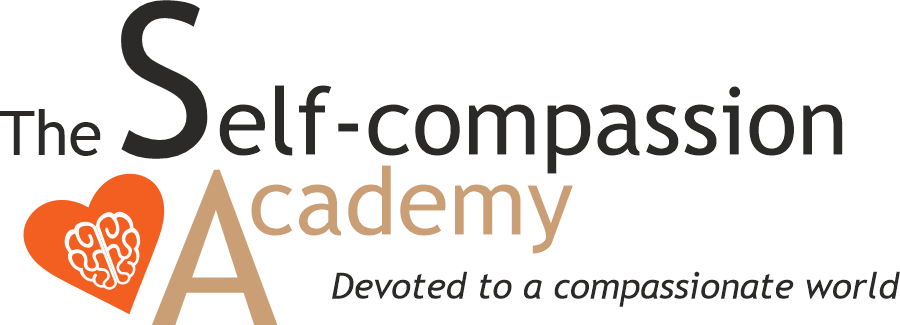Stress is a natural part of life, but sometimes it builds up to the point of exhaustion. Your to-do list feels endless, relaxation becomes just another task to check off, and your mind won’t stop racing. Maybe you’ve tried everything to reduce your stress, yet nothing seems to work. Mindfulness offers a different approach—not a quick fix, but a scientifically backed way to change how you relate to stress.
What Happens in Your Body During Stress?
Our natural response to discomfort is to resist it. We want unpleasant situations to stop, or we believe they shouldn’t be happening in the first place. In short, we brace ourselves—physically and mentally. We resist what is.
Resistance Makes Stress Harder to Handle
This resistance often makes an already difficult situation even harder to deal with. Instead of helping, it adds another layer of struggle, making it even more challenging to manage stress or difficult emotions.
Can Mindfulness Reduce Stress?
So, does mindfulness actually help reduce stress? It’s a fair question. After all, if something is unpleasant, being mindful won’t make it any less unpleasant—right? Your stressful situation remains the same; your to-do list is still just as long.
And that’s true. You can’t eliminate life’s challenges. No matter how much you’d like to, stressful situations and difficult moments will always be part of life. But what you can learn is how to be less affected by them—how to experience stress without being overwhelmed by it.
Mindfulness gives you the strength to carry life’s burdens more effectively. Research shows that mindfulness meditation can reduce anxiety, negative thoughts, and stress while improving overall mental well-being.
Does Mindfulness Completely Switch Off the Stress Response?
Not exactly. What mindfulness does is help you stop resisting your experience, so you’re left with just the situation itself. You take the time to fully experience the challenge at hand, observing it with kind awareness—without immediately trying to change or fix it.
By allowing yourself to experience a stressful moment without resistance, you create the possibility of responding with clarity and wisdom rather than reacting out of stress or fear.
Managing Stress by Creating Inner Calm
Learning to handle stress in this way is energizing. The mental energy you once spent fighting against discomfort can now be used to take meaningful action. You can assess whether change is necessary and, if so, determine the best way forward.
By cultivating calm and letting go of resistance, you give yourself the space to discover what’s truly needed in the moment. But if you stay stuck in resistance, that insight will never come.
Mindfulness is based on the idea that deep down, you already know what’s best for you—if you give yourself the space to hear it. You don’t need to search for it; it’s already within you. When you take time to be still, you create the opportunity to listen to yourself.
Which Mindfulness Practices Help Reduce Stress?
There are several science-backed mindfulness practices that can help reduce stress. Mindfulness-Based Stress Reduction (MBSR) combines meditation and gentle yoga exercises, which have been shown to lower the body’s stress response.
How do you start? By making time for it and simply doing it. Practice is key. Try a body scan meditation, a quiet breathing exercise, or a standing meditation with movement. The more you practice, the more space you create to approach stress with clarity, rather than resistance.
Meet yourself with kindness: Try one of our (free) self-compassion meditations
Image: Anna Nekrashevich via Pexels







